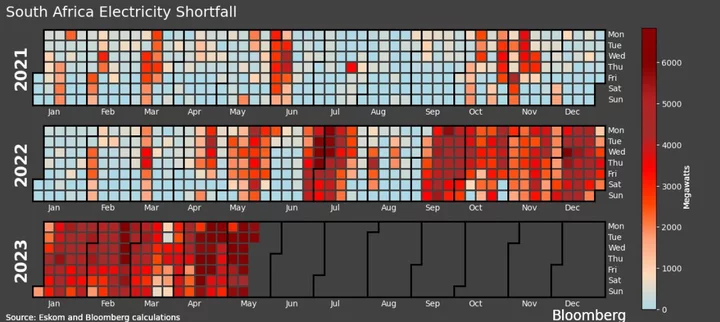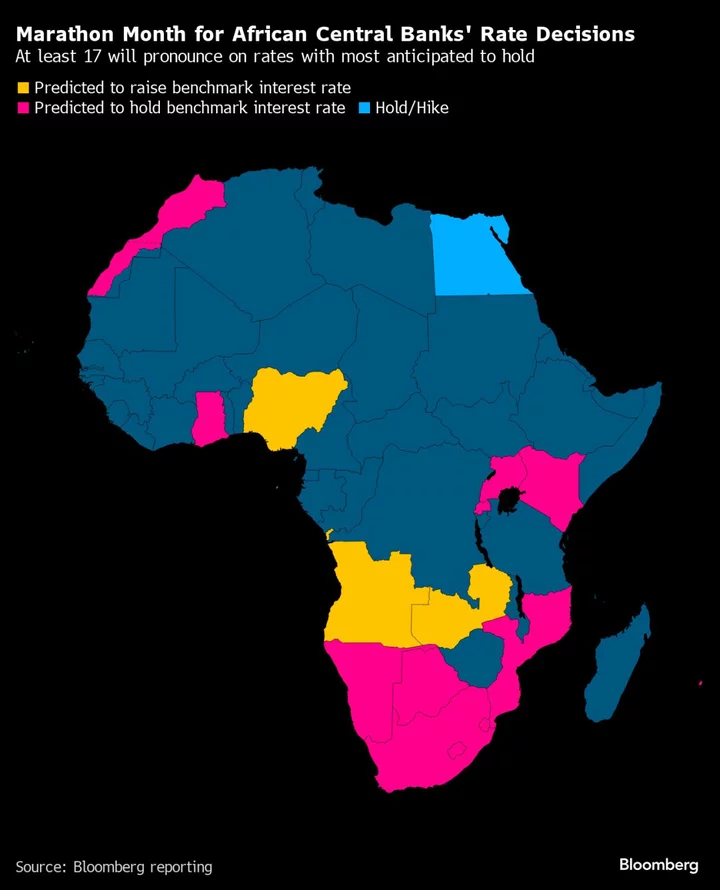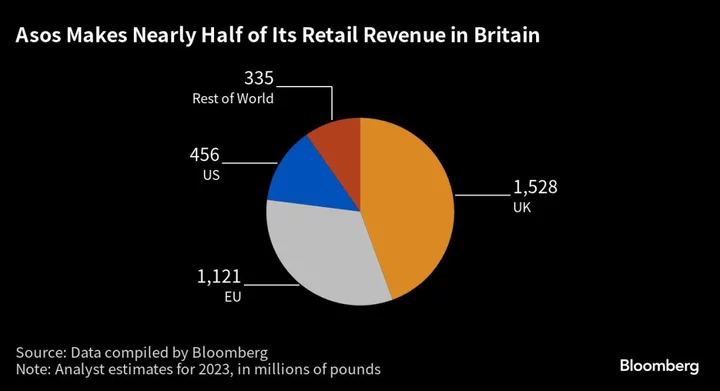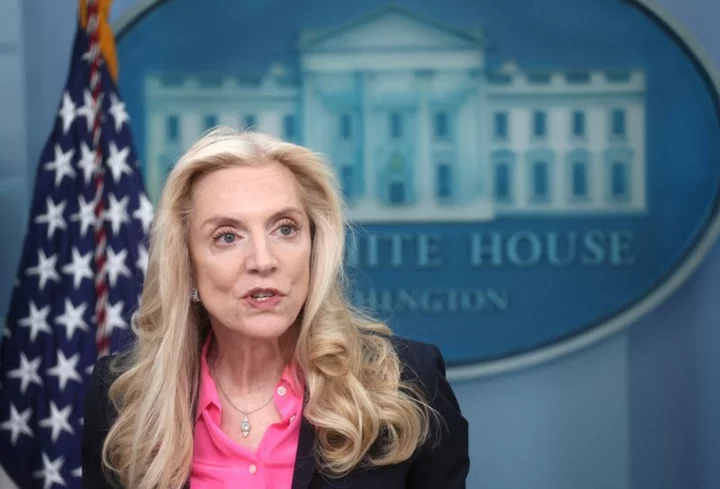
Eskom Latest: Pharmacy Group Spends $4.7 Million on Diesel
South Africa’s state-owned power utility is escalating rolling blackouts, after a breakdown in a generation unit at Duvha
2023-05-21 21:52

Exclusive-Thailand's KBank in talks to buy Vietnam lender in up to $1 billion deal - sources
By Phuong Nguyen and Yantoultra Ngui HANOI/SINGAPORE Thailand's second-biggest lender Kasikornbank is in talks to buy consumer finance
2023-08-22 17:49

There are almost no national safety rules protecting workers exposed to high heat
OSHA, the federal agency charged with protecting you on the job, can do little or nothing if your boss orders you to work outside in the searing summer sun.
2023-07-21 18:21

US business owners seek increased insurance protection amid mounting risks - study
An overwhelming number of business owners in the United States are looking to expand their insurance coverage amid
2023-08-08 23:17

UK’s Liz Truss Pocketed £80,000 for 4-Hour Taiwan Engagement
Former British Prime Minister Liz Truss earned £80,000 ($101,600) in four hours this year during a visit to
2023-07-04 19:55

Indonesia Aug inflation at 3.27%, below expectations
JAKARTA Indonesia's annual inflation inched up in August, but was below market expectations and still within the central
2023-09-01 10:50

S.African lender Nedbank posts 11% rise in half year profit
JOHANNESBURG (Reuters) -South Africa's Nedbank Group, amongst the top five lenders in the country, recorded an 11% rise in interim
2023-08-08 13:23

Zimbabwe Plans Wealth Tax, New Lithium Levy to Boost Revenue
Zimbabwe introduced a new levy on lithium and a wealth tax to fund an almost 14-fold increase in
2023-12-01 15:22

Biden proposal would let conservationists lease public land much as drillers and ranchers do
More than a century after the U.S. started selling oil leases on public lands, the Biden administration is seeking to let conservationists lease government property to restore it
2023-05-15 12:17

2 Federal Reserve officials say spike in bond yields may allow central bank to leave rates alone
Two Federal Reserve officials suggested that the central bank may leave interest rates unchanged at its next meeting in three weeks because a surge in long-term interest rates has made borrowing more expensive and could help cool inflation without further action by the Fed
2023-10-10 02:24

Singapore’s Durian Lovers Rejoice as Prices Tumble on Surplus
Singaporeans love durians. And this year, the spiky and pungent fruit is in such abundance that it can
2023-06-23 09:51

Miners hope to keep 'gold shining' in Mali despite ownership law
By Felix Njini and Tiemoko Diallo NAIROBI Some of Mali's top gold producers said a new law to
2023-08-23 17:45
You Might Like...

Student Loan-Relief Backers Warn Biden ‘Failure Isn’t an Option’

Key African Economies Set to Deviate From Global Rates Path

Entain Outlook Dims as Gambling Wardens Hover: The London Rush

Feeling lucky? A $1.04 billion Powerball jackpot is up for grabs in tonight's drawing

US government shutdown would 'undermine' US economic progress, Yellen says

Japan’s Dwindling LNG Inventories Could Prompt New Purchases

What's behind the tentative US-Iran agreement involving prisoners and frozen funds

TikTok and other social media trends are thrusting performance crimes into the US spotlight
